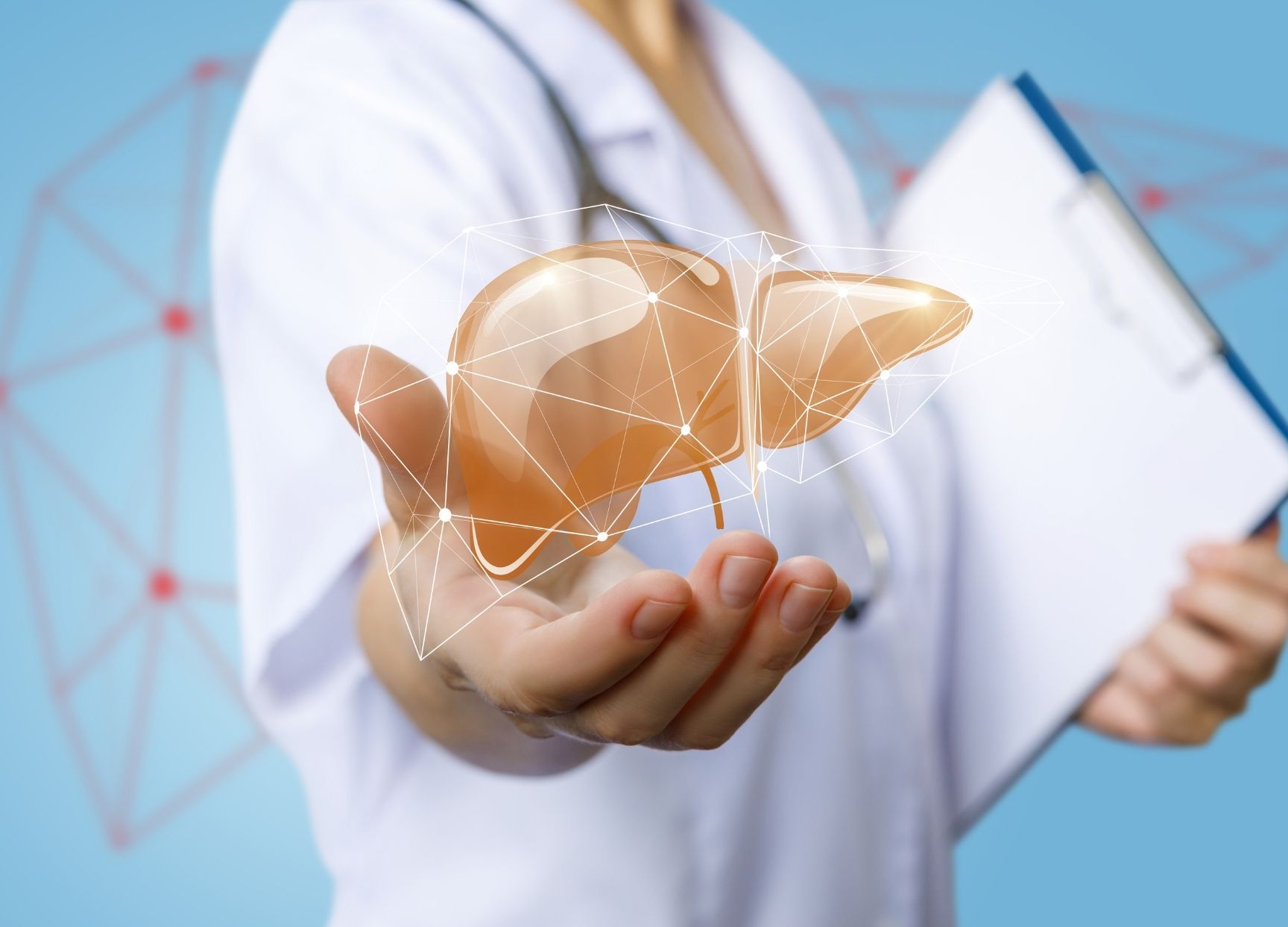Professor Hemant Kocher
Consultant General and HPB Surgeon
Specialist expertise: Gallbladder and Bile Duct Disease, Liver Disease, Pancreas Disease, General Surgery, Laparoscopic Hepatobiliary and Pancreatic Surgery, Gastrointestinal Surgery, Liver Surgery, Hernia Surgery, Open Cholecystectomy, Pancreatic Surgery, Gallstones, Liver Cancer, Pancreatitis, Pancreatic Cancer, Complex Hernia Surgery, Abdominal Wall Hernias, Complex Abdominal Wall Hernias, Inguinal Hernia, Liver Metastasis.
